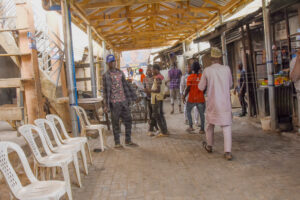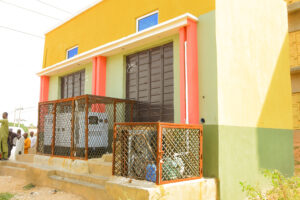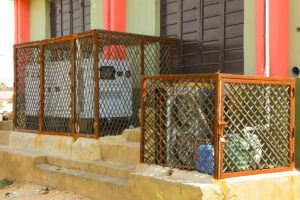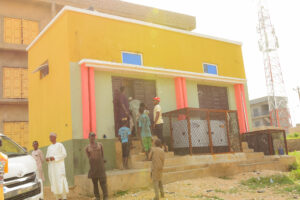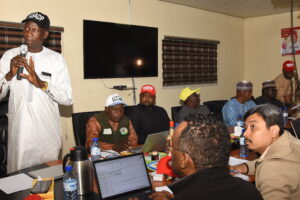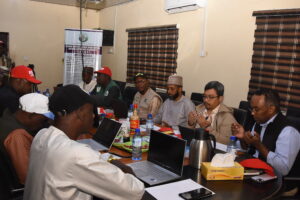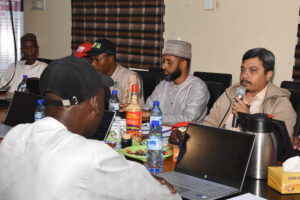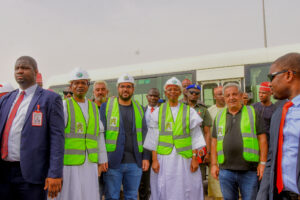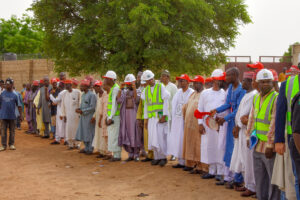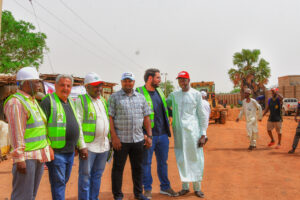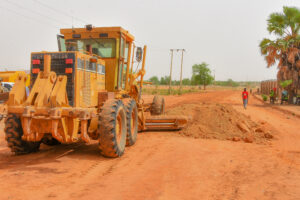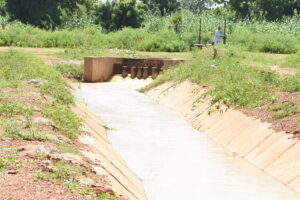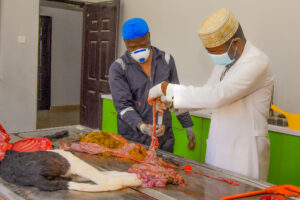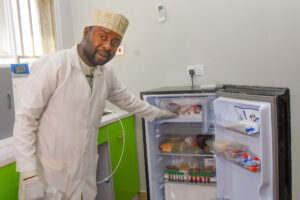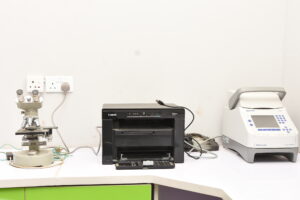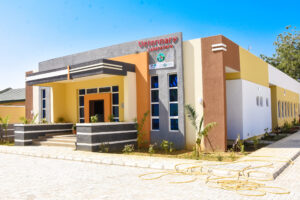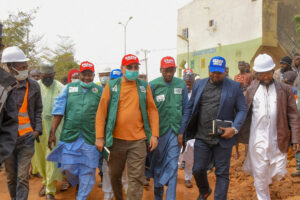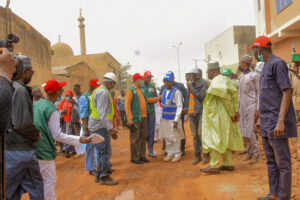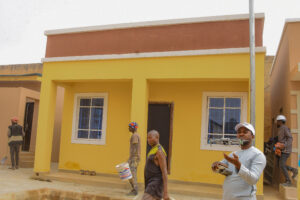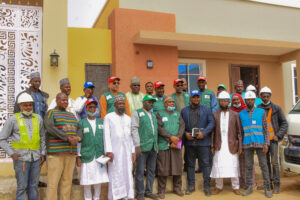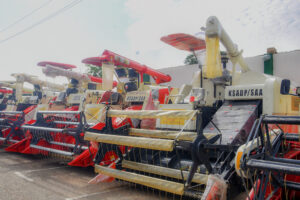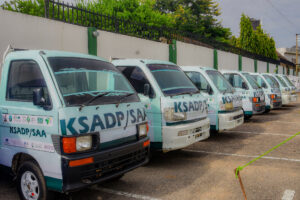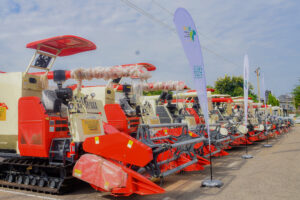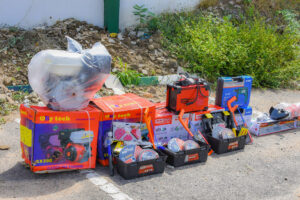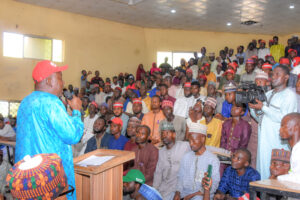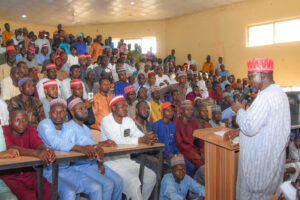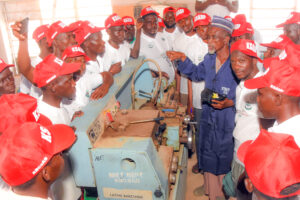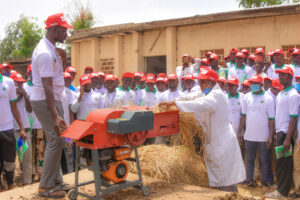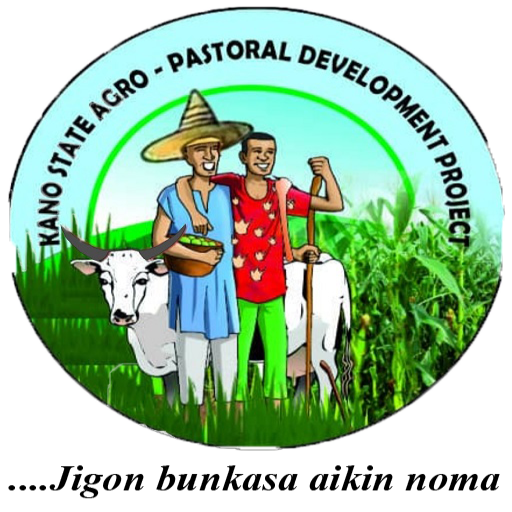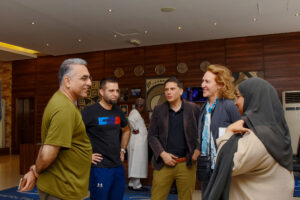
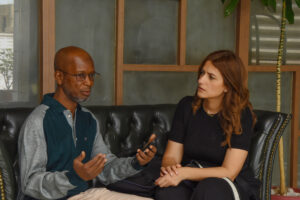
The Islamic Development Bank, IsDB, says it is ready to support Nigeria to address its development challenges.
Mr. Javed Khan, who headed a Mission from the Abuja Hub of the bank to Kano, stated this during meetings with officials of the Project Management Unit of Kano State Agro-pastoral Development Project, KSADP and the Managing Director of Kano state agricultural agency, KNARDA, in his office in Kano.
“Nigeria is a very important member of the IsDB and in line with its objective of fostering economic development and social progress, the bank will continue to support the country to drive development and ensure prosperity of its citizens”.
“Presently, the bank is financing projects in Nigeria such as the KSADP, SAPZ, Food Security programme, the Bilingual Education project, SMART AID and some infrastructure projects and more will come based on the success of these projects”, he added.
Mr. Khan said the mission to Kano was to assess the status of on-going projects by the KSADP, how to complete remaining activities of the project, how much funds were utilized and how to make use of unspent funds in areas of need.
“This year is very important for the project as it is coming to an end therefore, the issue of sustainability of the project interventions is a key aspect we are looking at”, he affirmed.
The Mission visited on-going infrastructure development at Dawanau International Grains market, and completed projects including Tomato drying facility at Gafan, Kadawa Cikin Gari Groundnut Processors, and Artificial Insemination Centre in Garun Mallam local government, Women Rice Processors at Fegi, Onion Storage facility and Slaughter House in Kura local government.
Meanwhile, the Mission engaged officials of Sasakawa Africa Association and Kano Agricultural and Rural Development Agency, KNARDA, who are implementing the crops and legumes value chains of the KSADP respectively, on the prospects of fully achieving the project objectives by the end of the year.
Ameen K. Yassar
Project Communication Specialist
KSADP
2nd February, 2024

